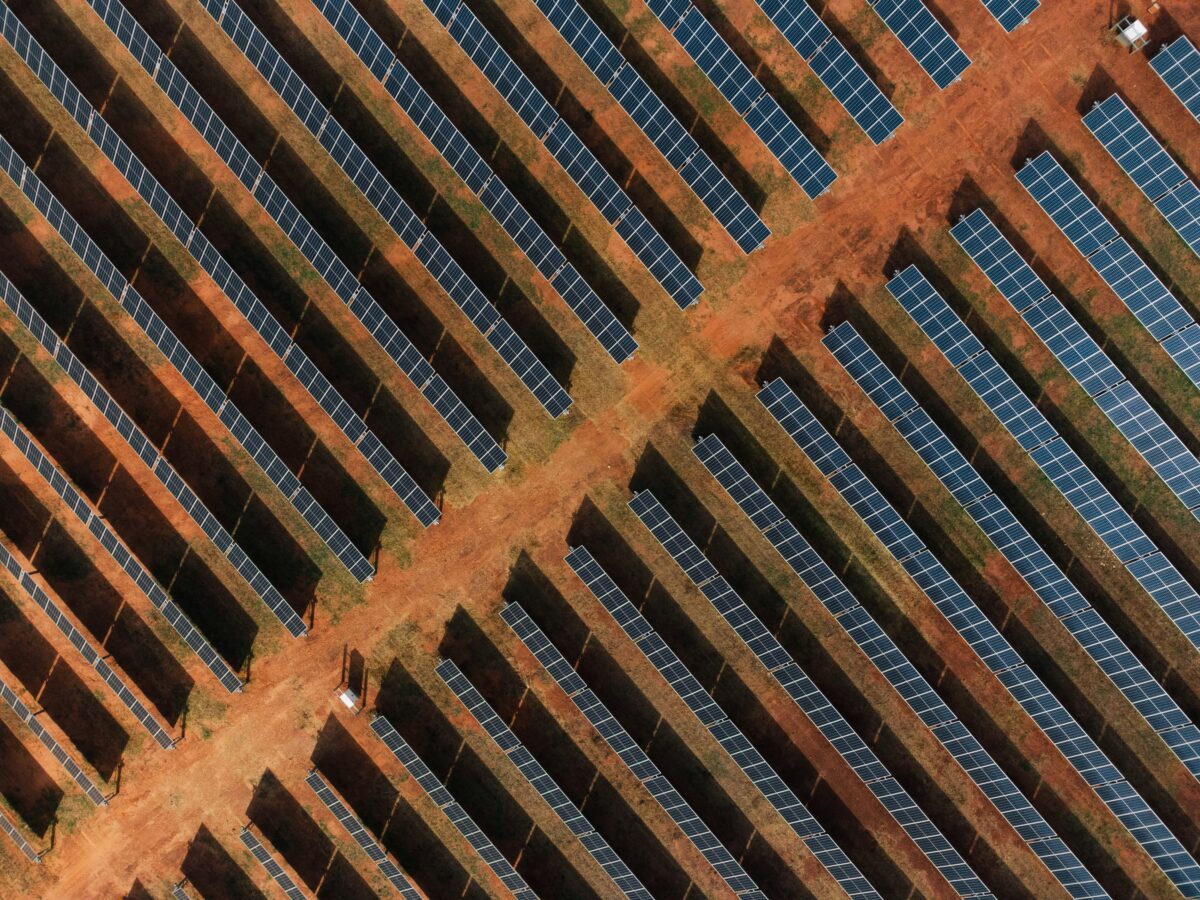This week sees the publication of the annual ITRPV report, compiled by German engineering association VDMA. Now in its 16th edition, the report takes an in-depth at technology trends across the supply chain for silicon PV products.
VDMA calculates PV module shipments in 2024 at 703 GW, with average prices having dropped by 33% compared to the end of 2023.
The report also reveals that crystalline silicon PV technologies continue to dominate the global market with a share of around 98%, with n-type wafers accounting for a 70% share.
“This comes with the expansion of n-type TOPCon technology that dominates the market for the first time, overtaking p-type PERC,” VDMA said in a statement. “Silicon heterojunction (SHJ), back contact (BC) cells, TOPCon-based back contact (TBC) and heterojunction-based back contact (HBC) are expected to gain market share.”
VDMA experts also found that G12 wafers may reach a 10% market share, with rectangular M10 formats being able to maintain a 15% participation.
As for the dominance of TOPCon, products manufactured via laser enhanced contact optimization (LECO) should have a 60% share in 2024 and 87% by 2035.
“Selective emitters use declines with non-LECO variants phasing out by 2027. Edge passivation of separated solar cells by deposition processes also gain importance for half cells or smaller, dominating the market in a decade,” the report notes. “At the module level, copper interconnection is projected to continue dominating the market for cell-to-cell and string interconnection.”
This content is protected by copyright and may not be reused. If you want to cooperate with us and would like to reuse some of our content, please contact: editors@pv-magazine.com.




By submitting this form you agree to pv magazine using your data for the purposes of publishing your comment.
Your personal data will only be disclosed or otherwise transmitted to third parties for the purposes of spam filtering or if this is necessary for technical maintenance of the website. Any other transfer to third parties will not take place unless this is justified on the basis of applicable data protection regulations or if pv magazine is legally obliged to do so.
You may revoke this consent at any time with effect for the future, in which case your personal data will be deleted immediately. Otherwise, your data will be deleted if pv magazine has processed your request or the purpose of data storage is fulfilled.
Further information on data privacy can be found in our Data Protection Policy.